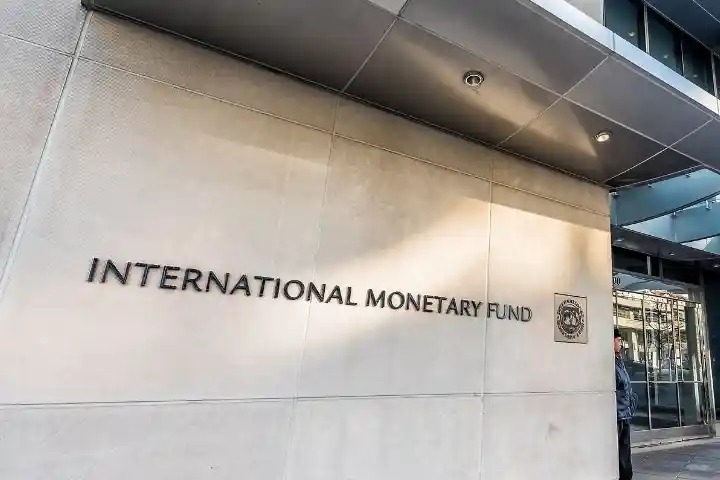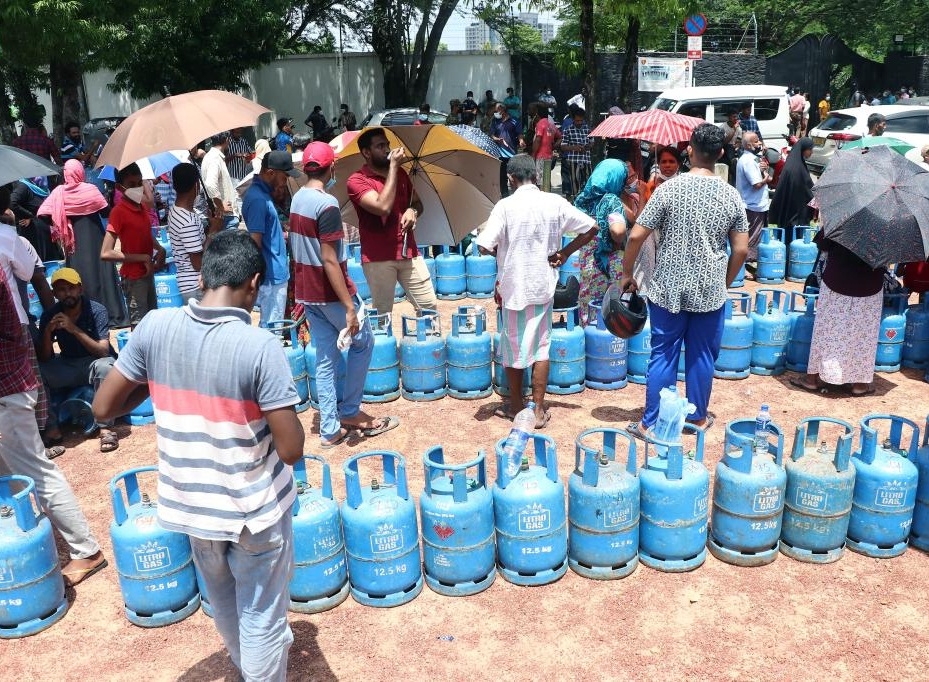On Monday night, the IMF approved the 48-month extended arrangement under the Extended Fund Facility (EFF) of $2.9 billion….reports Asian Lite News
After Sri Lanka secured the $2.9 billion International Monetary Fund (IMF) bailout, the global lender emphasised on the importance of anti-corruption and governance reforms to obtain the package amid the ongoing economic crisis in the island nation.
On Monday night, the IMF approved the 48-month extended arrangement under the Extended Fund Facility (EFF) of $2.9 billion.
“We emphasize the importance of anti-corruption and governance reforms as a central pillar of the EFF-supported program-they are indispensable to ensure the hard-won gains from the reforms benefit the Sri Lankan people,” Peter Breuer, Senior Mission Chief for Sri Lanka, and Masahiro Nozaki, Mission Chief for Sri Lanka, Asia and Pacific Department, said in a joint statement.
They stated that the authorities have committed to fundamentally improve public financial management and strengthen the anti-corruption legal framework in line with the UN Convention against Corruption.
In addition, the IMF is conducting an in-depth governance diagnostic exercise, which will assess corruption and governance vulnerabilities in Sri Lanka and provide prioritized and sequenced recommendations.
“Sri Lanka will be the first country in Asia to undergo a governance diagnostic exercise by the IMF. We look forward to further engagement and collaboration with stakeholders and civil society organizations on this critical reform area,” the senior IMF officials announced.

Suffered by severe shortages of essential items like food, fuel medicine for over a year, Sri Lanka is to receive an initial disbursement of about $330 million from the IMF-EFF arrangement, which is expected to catalyse new external financing including from the Asian Development Bank and the World Bank.
However, the IMF reform program is built on strong policy measures and priorities including an ambitious revenue-based fiscal consolidation, accompanied by stronger social safety nets; fiscal institutional reforms and cost-recovery based energy pricing to ensure the state’s ability to support all its essential expenditures; restoration of public debt sustainability, including through a debt restructuring to ensure stable financing of the government’s operations; a multi-pronged strategy to restore price stability and rebuild reserves under greater exchange rate flexibility in order to alleviate the burden of inflation, particularly on the poor; to foster an environment of investment and growth and to ensure Sri Lanka’s ability to purchase essential goods from abroad; policies to safeguard financial sector stability to ensure that the financial sector can play its key role in supporting economic growth; and structural reforms to address corruption vulnerabilities and enhance growth.
“Commendably, Sri Lanka has already started implementing these challenging policy actions. It is now essential to continue the reform momentum under strong ownership by the authorities and the Sri Lankan people more broadly,” the IMF stated.
The lender further said that the economic impact of the reforms on the poor and vulnerable needs to be mitigated with appropriate measures.
“In this regard, we welcome the authorities’ firm commitment to strengthen social safety nets, including through a minimum spending floor, well-targeted spending through a new Social Registry, and establishment of objective eligibility criteria. Tax reforms under the program are designed to be progressive, that is, ensuring greater contributions from high-income earners,” it stated.
Sri Lanka’s public debt, at 128 per cent of GDP as of end-2022, is unsustainable.
The country is in arrears to all its external creditors.
The IMF Board approval of assistance to Sri Lanka required assurances from official bilateral creditors — India, China and Japan — that they would provide debt relief and financing to restore debt sustainability consistent with the program, as well as an assessment that the authorities are making good faith efforts to reach a collaborative agreement with private creditors.
“It is now important for the Sri Lankan authorities and creditors to closely coordinate and make swift progress towards a debt treatment that restores debt sustainability under the EFF-supported program,” the IMF concluded.
When the country was hit with skyrocketing inflation and dollar crunch from early 2022, India, Sri Lanka’s closest neighbour, came to rescue with nearly $4 billion financial assistance in a way of credit lines.
India has also provided multiple assistance and essential items like medicine, food and fuel.
It was one of the first countries to agree to Sri Lanka’s debt structuring programme, a condition to receive the IMF bailout.

Leave a Reply